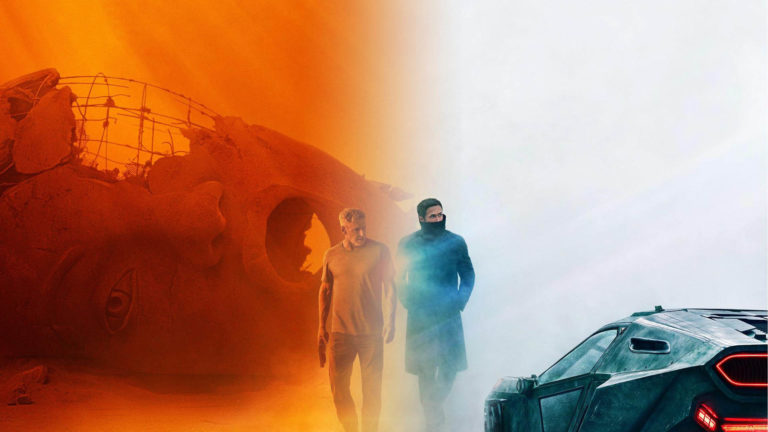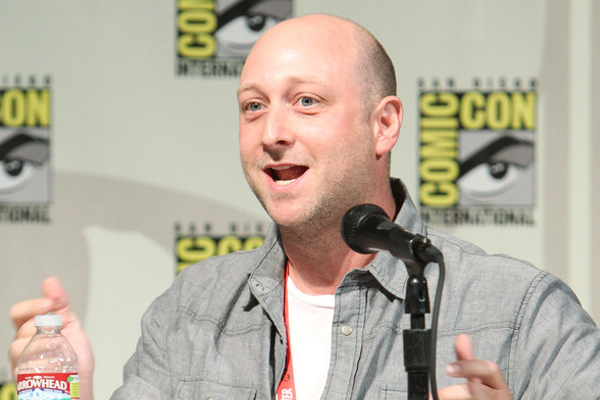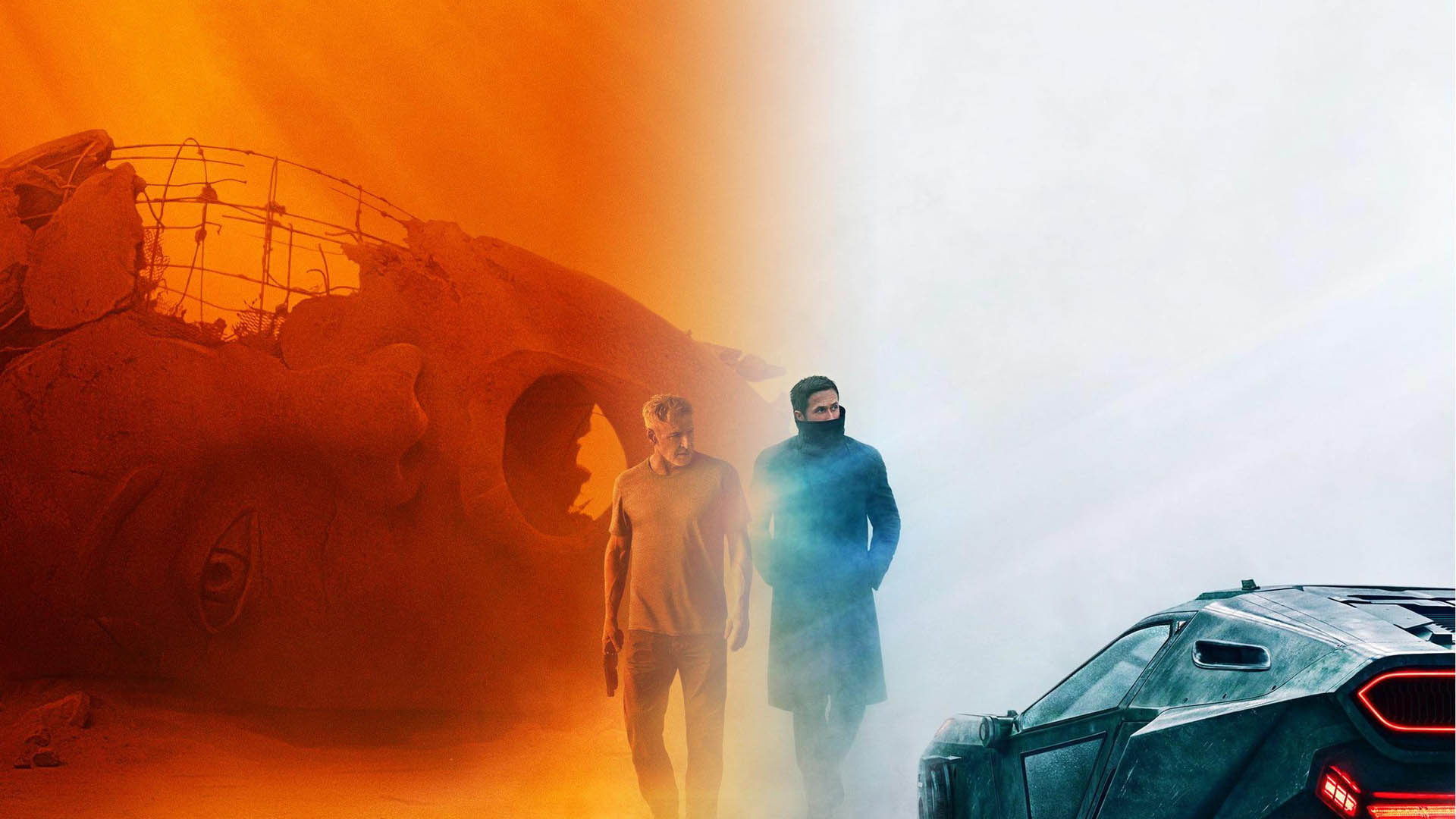Blade Runner 2049’s Michael Green: “Can something made gestate its own soul?”

By: Shanee Edwards
To say that screenwriter Michael Green is having a good year is an understatement.
Green has four major studio films releasing this year: Logan, Alien: Covenant, Murder on the Orient Express and the hotly anticipated Blade Runner 2049. But let’s not forget the TV show American Gods he also wrote and produced. It may be the best year any screenwriter has ever had in the history of Hollywood. The fact that it includes the most sought-after movie sequel ever is just the butter on the popcorn.
 Like its predecessor, Blade Runner 2049 is both a detective story and a sci-fi thriller, a genre now known as neo noir. Though its subjects may possibly be replicants, the story is a hauntingly human one. It is a romantic nightmare that is both familiar and unrecognizable at the same time.
Like its predecessor, Blade Runner 2049 is both a detective story and a sci-fi thriller, a genre now known as neo noir. Though its subjects may possibly be replicants, the story is a hauntingly human one. It is a romantic nightmare that is both familiar and unrecognizable at the same time.
35 years after cult-favorite Blade Runner was released (and, by the way, flopped at the box office in 1982), Green says the first question people still ask about the original film is, “Which version did you see?“ And that, according to Green, is part of the intoxication of Blade Runner.
“There is no definitive version,” says Green, adding, “I mean, you can ask Ridley Scott and he’ll tell you which is the definitive version and I don’t like to argue with him,” he says with a laugh, “But for everyone, there can be a different answer that is equally valid in a clever, puzzle-y sort of way.”
Green didn’t actually see Blade Runner until he was in college and claims he’s never seen it in a movie theater. But even before he became a writer, he knew the film was special. It stayed with people. Once he got the job writing the sequel, he watched it again (and again) to see if he could decipher exactly why it was so powerful.
“There were qualities about it that I wanted to quietly articulate for myself. It was a film that was unafraid to talk about big things, have big thoughts. It was a film that was unafraid of ambiguity and irresolution. It was about authenticity.”
Those “big thoughts” about “authenticity” lead to an unapologetically complicated question: What does it mean to be human?
“I thought a lot about the concept of a soul and ensoulment – that very Catholic with a capital C idea of when does a soul enter a body and what does that matter. When you’re dealing with not just androids, strictly speaking, but artificial humans, what is the difference? I can understand what other people might think the difference is. To be born is to have a soul. But is it that binary? Can something made gestate its own soul? What makes a soul? What makes us human? The film asks those questions and tells – what might be argued to be – a story of striving for a soul.”
To write the screenplay for the new film, Green collaborated with Hampton Fancher, co-writer of the first Blade Runner. For 2049, Fancher wrote a narrative tone-piece based on what he thought might have happened to the characters over the last three decades. That short story became the inspiration for the screenplay and included several of the story points Green says were gifts created and wrapped by Ridley Scott and Fancher.
“I was able to unwrap and play with them. I got to think these big thoughts because of the world they created and the things they filled it with.”
Like the original, some of the characters are replicants and some are human. Green insists that writing a replicant is the same as writing any other character.
“Each character is its own creature. Each of them comes from a different place, has different goals, so no type of character is written in one voice.”
Then Green said something surprising.
“As for replicants, they might value their own voice even more because consciously or not, they are looking to individuate. That’s certainly a story that’s told in the first film because each of them is looking for what makes them, them. Whether it’s painting their face or collecting photos, or becoming a leader or having a gimmick as a dancer with your snake, they are told by the world they live in that they are nothing but one in an assembly line.”
To create the apocalyptic world of 2049, the filmmakers focused on a single word: brutal. The weather is harsher, people are more desperate, surviving on a single source of crawly protein. The clothing is all made from plastic and other synthetic fibers because natural ones simply don’t exist.
But when it comes to brutality, Green says there has to be a balance.
“Both Ridley and Dennis are capable of creating moments of harrowing brutality but also the warmest humanity. It is the totality of both those poles in one piece that you find in something like the original Blade Runner – and I hope the new one. If it is a successful film, it will be because it can be incredibly human and incredibly brutal – and often, the human experience can be brutal.”
Blade Runner 2049 opens Oct. 6.
For all the latest ScreenCraft news and updates, follow us on Twitter and Facebook!
Tags
Get Our Screenwriting Newsletter!
Get weekly writing inspiration delivered to your inbox - including industry news, popular articles, and more!






















